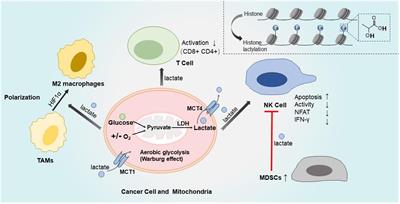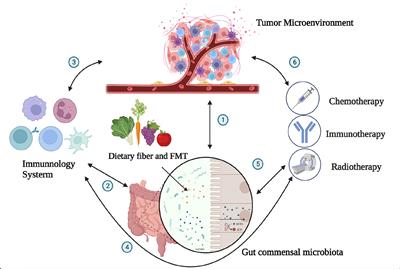MINI REVIEW
Published on 08 May 2024
A review of lactate-lactylation in malignancy: its potential in immunotherapy

doi 10.3389/fimmu.2024.1384948
- 3,950 views
- 4 citations
7,807
Total downloads
24k
Total views and downloads
Select the journal/section where you want your idea to be submitted:
MINI REVIEW
Published on 08 May 2024

EDITORIAL
Published on 01 May 2024
REVIEW
Published on 19 Dec 2023

BRIEF RESEARCH REPORT
Published on 02 Oct 2023

REVIEW
Published on 24 Aug 2023

ORIGINAL RESEARCH
Published on 02 Aug 2023


Frontiers in Oncology